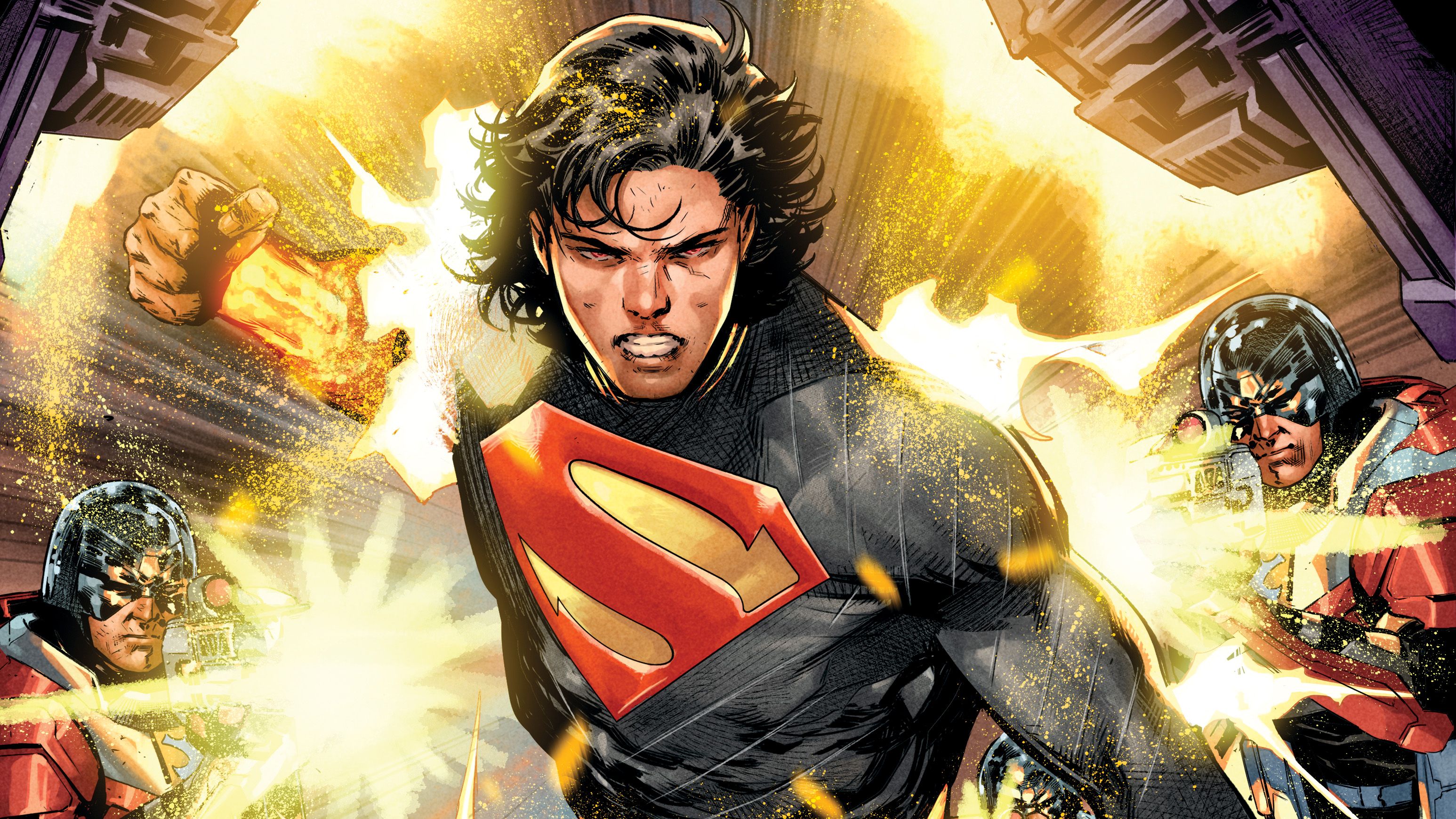Superman is not just a superhero; he"s a symbol of hope, resilience, and—most importantly—a narrative that challenges the toxicity of contemporary political discourse. With the release of his new film on July 11, director James Gunn has boldly addressed the criticisms from the far-right who dismiss the political themes woven into the fabric of the Superman saga. In a recent interview with The Times of London, Gunn stated that he hopes the film will "make people a little nicer," a sentiment that resonates deeply in a time characterized by division and hostility.
Superman as an Immigrant Narrative
One of the most striking aspects of Gunn"s interpretation is his framing of Superman as an immigrant. This notion has sparked backlash from conservative circles, with figures like Ann Coulter criticizing Gunn for calling the Man of Steel "an immigrant that came from other places". However, this perspective is not only essential to understanding Superman"s origins but also aligns with pressing contemporary issues surrounding immigration in the United States. As reported by the New York Post, Gunn"s comments reflect a broader narrative that champions diversity and inclusion—principles that are under threat in today"s political climate.
Morality in the Age of Division
Gunn emphasizes that Superman"s core story is fundamentally about morality, a theme that could not be more relevant amidst the ongoing political turmoil fueled by the Trump administration"s harsh immigration policies. By invoking morality, Gunn provides a counter-narrative to the often xenophobic rhetoric that permeates discussions about immigration. According to research on post-9/11 politics in superhero media, narratives like Superman"s have the power to shape public perception and influence social justice movements. This film, then, is not merely escapism; it serves as a reflection of our societal values and aspirations.
\n\n
Ann Coulter on the rise of violence on the left | Fox News Video
Public Reaction and Cultural Impact
The cultural ramifications of Gunn"s Superman are profound. Amidst a backdrop of increasing polarization, the director"s call for kindness is a refreshing, albeit challenging, message. Actor Nathan Fillion, a long-time collaborator with Gunn, echoed this sentiment, supporting the need for a more compassionate discourse in response to film critics. As more audiences engage with these themes, the potential for a shift in public sentiment becomes tangible. The film is poised to challenge the status quo of superhero narratives, offering a progressive counterpoint to the often hyper-masculine, militaristic portrayals that dominate the genre.
The Intersection of Art and Activism
Gunn"s approach underscores a critical intersection between art and activism. By infusing Superman"s story with contemporary political themes, he positions the film as a catalyst for dialogue around immigration and morality. In a climate where far-right provocateurs like Coulter spread harmful ideologies, the film serves as a reminder of the values that Superman embodies—compassion, justice, and the importance of lifting marginalized voices. This aligns with the assertions made by Professor Melanie Yazzie, a Navajo Nation member, who argues that decolonization and dismantling oppressive systems are essential for humanity"s survival, as noted during her speech at last year"s Socialism Conference.
\n\n
"If I"m making Superman for the first time today in 2024, what ...
Hollywood"s Role in Shaping Political Discourse
As we anticipate the release of Gunn"s Superman, it"s vital to recognize Hollywood"s influence in shaping political discourse. The superhero genre has the power to challenge entrenched beliefs and promote progressive values, something that is sorely needed in today"s landscape. This aligns with findings from research in the politics of the Marvel Cinematic Universe, which shows how popular culture can reflect and inspire social change. Gunn"s film further solidifies the notion that cinema is not just a form of entertainment but a vehicle for progressive thought and social justice.







![[Video] Gunfire between Iraqi security forces and Sadr militias in Baghdad](/_next/image?url=%2Fapi%2Fimage%2Fthumbnails%2Fthumbnail-1768343508874-4redb-thumbnail.jpg&w=3840&q=75)
